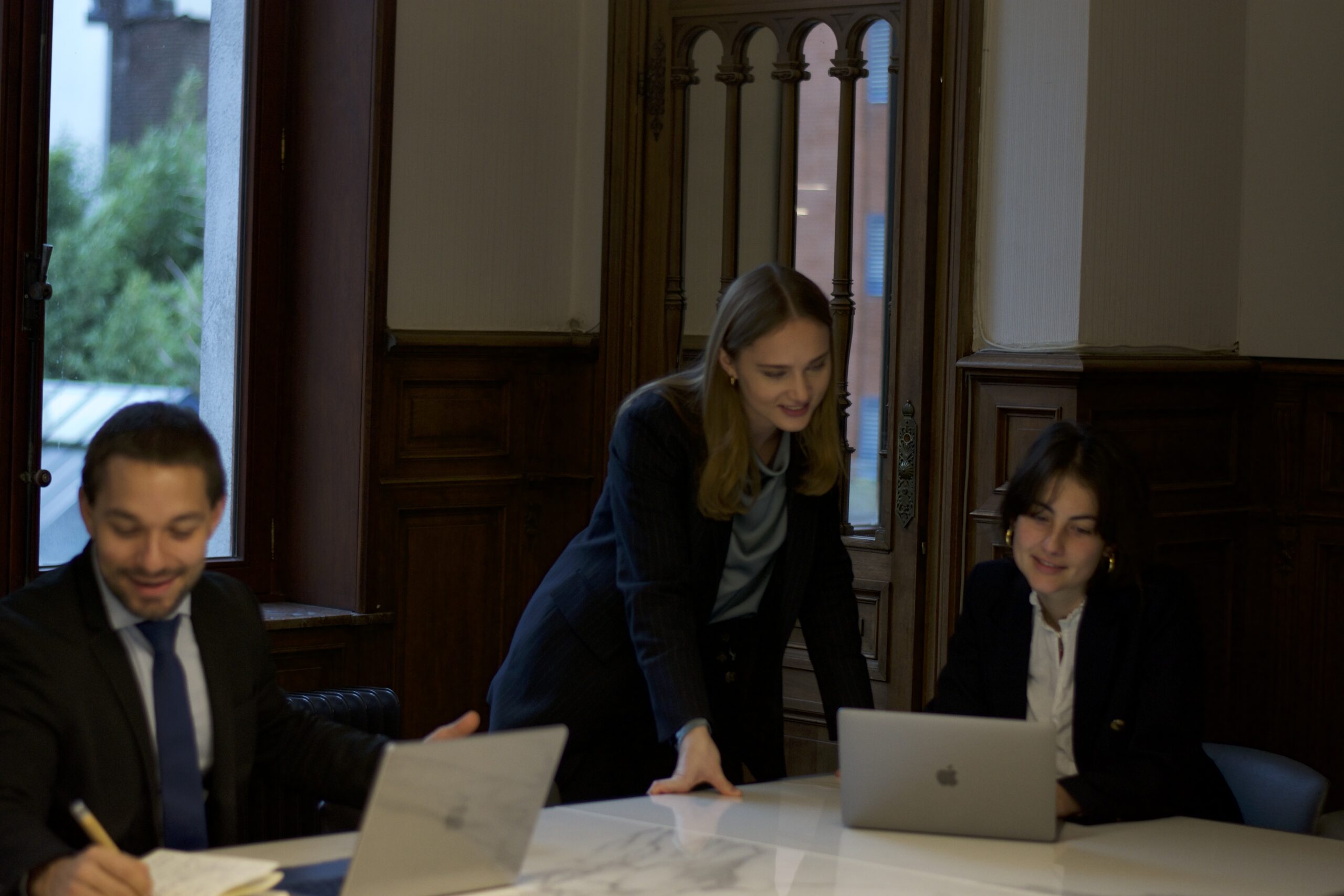Since its creation, C&V Consulting has been dedicated to strengthening the strategic autonomy and competitiveness of the European Defence Technological and Industrial Base (EDTIB). Guided by our commitment to sustainable growth, we implement tailored strategies to enhance its resilience and long-term success.
Through participation in projects of the European Defence Fund (EDF), we contribute to aligning high-impact developed technologies with the operational needs of the armed forces. Our team operates as a key enabler of early exploitation and de-risking of the results generated under the EDF. C&V is an active stakeholder, enabling the necessary dialogue between Member States, EU institutions and the European defence industry.
We are therefore committed to contributing to the public dialogue by addressing key points that will shape the further development of the European defence industry and the viability of this ambition. For this purpose, C&V proposes associated recommendations for the future of the EU’s defence industrial policy, which draws from our valuable experience with the EDF.
Our contribution attaches weight to two key aspects: the “ethics-by-design” approach and the exploitation and industrialisation of EDF project results. In our view, the latter constitutes the necessary prerequisites for the long-term sustainable development of EU defence capabilities and, hence, the strengthening of the EU’s strategic autonomy.
This article is an introduction to C&V Consulting’s contribution to the White Paper on the future of European defence. Please contact us for more information.
Strengthening Defence Ethics by its mandatory integration in EU defence development or procurement projects
In the growing complexity of contemporary warfare, there are two capabilities at the heart of the main disruptions and operational ‘game-changers’ in terms of military assets. The ability to support decision-making or operational decisions and the ability to carry out autonomous actions in the field of mobility, but also self-protection. These rely, to a large extent, on the increasingly vital performance of the technologies contributing to the development of artificial intelligence.
How we regulate and control the links between these capabilities, essential for the balance of power, and the technologies used to make or support battlefield decisions involving ethical choices, is therefore a question that will determine whether it will be possible to wage a just war according to EU regulations and values.
To tackle this issue of balance, the EU must firmly widen the EDF-proven “ethics-by-design” approach to all its defence industrial initiatives, including in the next defence procurement programmes.
Ensuring defence R&D effectiveness and market entry through early exploitation of EDF project results
To date, and depending on the outcome of the European Defence Industry Programme (EDIP), the EDF is the most ambitious and decisive EU programme for the EDTIB. However, the EDF can only contribute to the EU’s strategic autonomy if it meets the upcoming challenge of bridging the gap between the end of EDF development actions and the industrialisation and acquisition of jointly developed capabilities.
The European Commission’s efforts must concentrate on establishing a sustainable mechanism to bridge the gap between the development of capabilities, notably through development actions under the European Defence Fund and the final procurement of European Ministries of Defence.
Europe’s armed forces and the rapid evolution of threats require agile mechanisms to respond to previously unforeseen capability gaps. This observation, in line with the Niinistö report, is a concrete answer to Europe’s need to adopt an ambitious new approach to preparedness and readiness. Regardless of the domain, the early exploitation of breakthrough technologies developed within the framework of the European Defence Fund aims to permanently reinforce the credibility of our deterrence.
